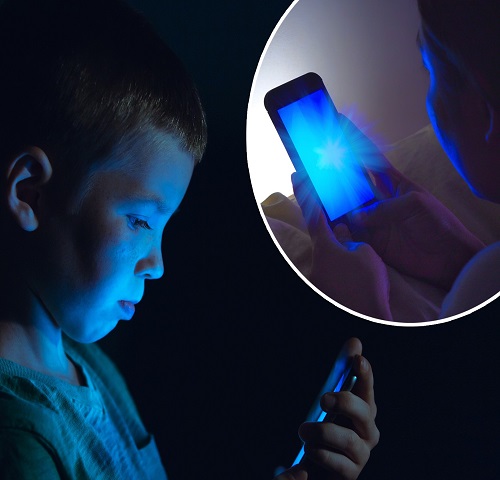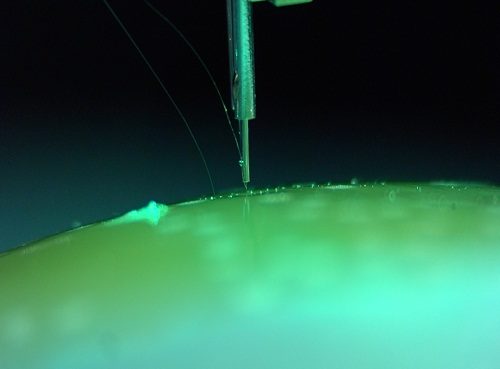Excessive screen time may be taking more from children than their attention.
For the first time, researchers in Turkey have shown that blue light exposure can speed up the onset of puberty in male rats, demonstrating a potential link between smart device screens and early childhood development.
A joint team from Gazi University and Bilkent City Hospital in Ankara presented their work at the 61st Annual European Society for Paediatric Endocrinology Meeting in The Hague, as well as published recently in Frontiers in Endocrinology.
The new findings follow their previous study on blue light exposure in female rats, where early puberty was also observed.
“For the first time, we found a direct relationship between blue light exposure and early puberty in male rats,” said lead researcher Dr. Aylin Kılınç Uğurlu, of Bikent City Hospital. “Our findings align with our previous work on female rats, which also showed similar effects, thereby providing a more comprehensive view of how blue light may influence puberty both male and female rats.”
Eighteen male rats, aged 21 days old, were divided evenly into three groups — two of which were assigned either six or 12 hours of blue light exposure, while a third, the control group, maintained a 12-hour light-dark cycle with no blue light exposure from devices.
 The same team from Turkey previously conducted a study with similar results on female rats, demonstrating a potential link between early puberty and excessive screen time in both young boys and girls.
The same team from Turkey previously conducted a study with similar results on female rats, demonstrating a potential link between early puberty and excessive screen time in both young boys and girls.
“I want to emphasize that this is a rat study and direct results cannot be interpreted for humans. However, we provide an experimental foundation to further investigate the health consequences of ever-increasing screen time in modern society,” Uğurlu noted in a news release
researchers hope to continue the current study on blue light exposure in rats to better “understand its long-term effects on reproductive organ damage and fertility,” Uğurlu said. “Ultimately, this research could lead to preventative measures and contribute to the ongoing discourse on how modern lifestyles affect physiological development and long-term health.”
In a world that revolves around access to smart devices, experts have become increasingly concerned about the effects of this now ubiquitous technology — especially the impact on youth.










